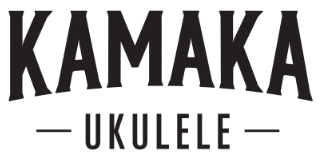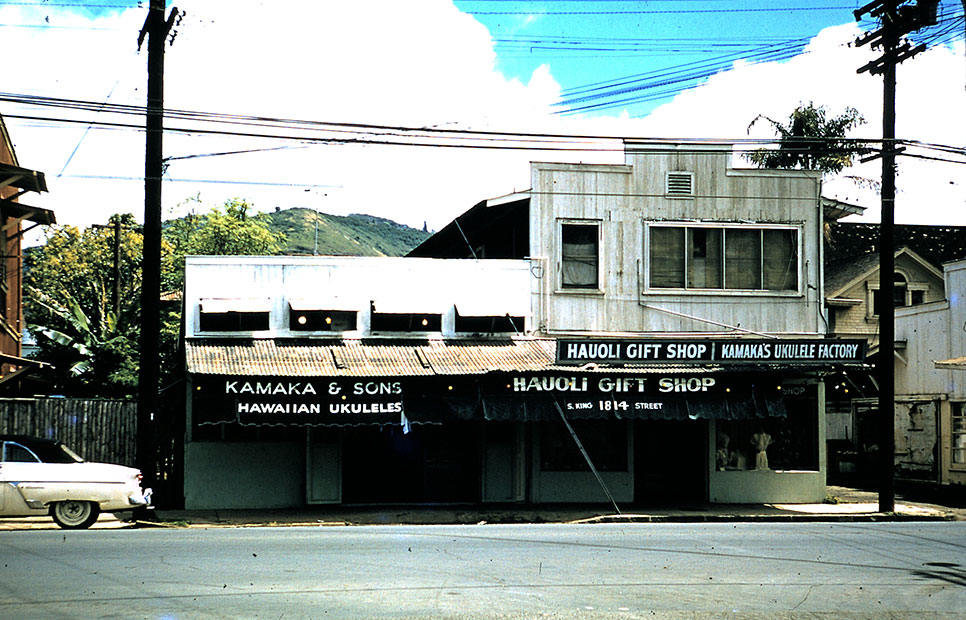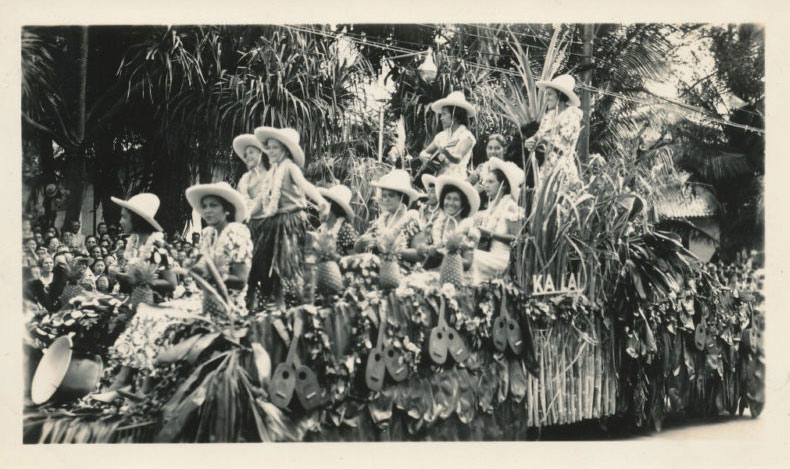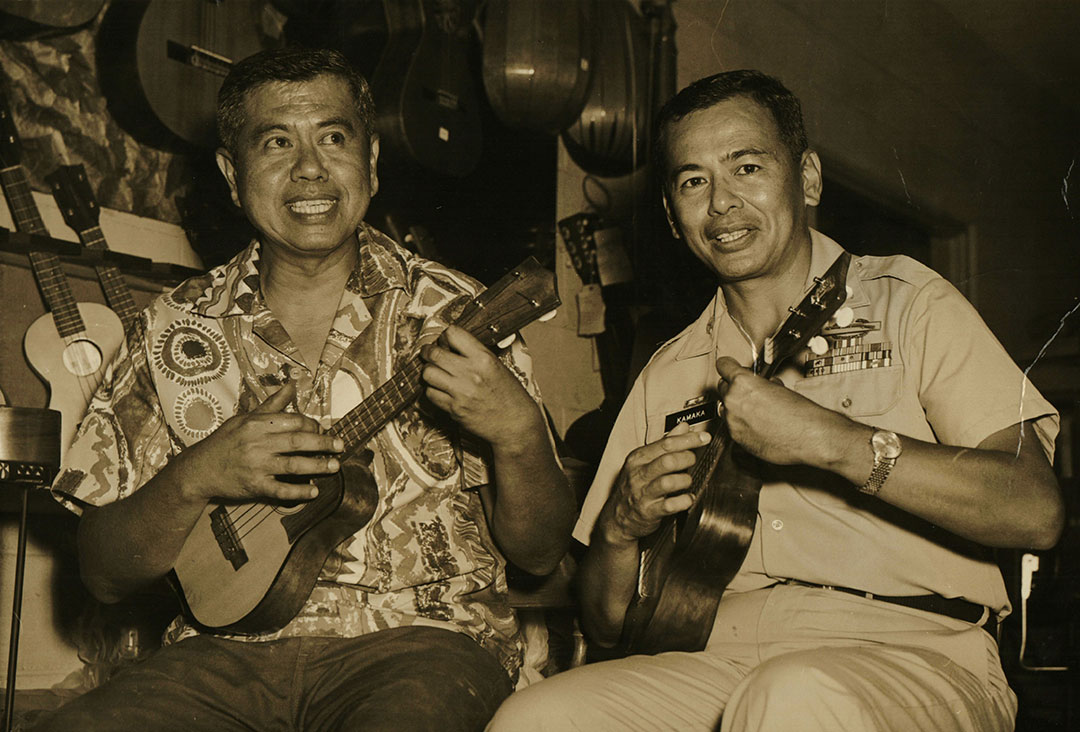


Kamaka Factory 1957

1936 Kalai Float

Sam Kamaka, Jr. & Fred Kamaka, Sr.

Kamaka Hawaiʻi, Inc.
550 South St.
Honolulu, HI 96813
Phone: 1-808-531-3165
Fax: 1-808-531-3167
Hours of Operation
Monday - Friday
8:00am - 4:00pm
Tour Days:
Tuesday - Friday
10:30am for family-sized groups